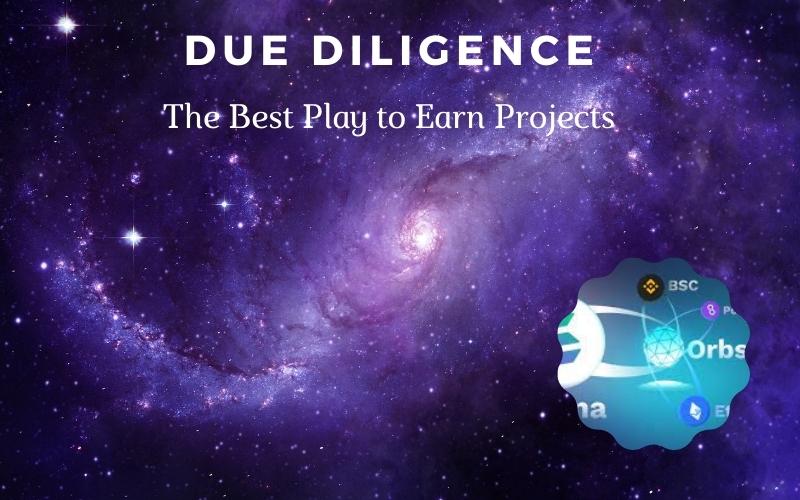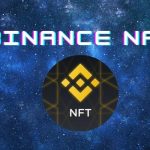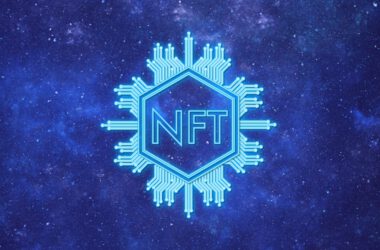Joining a play to earn game may be an involved process, often requiring upfront costs to start receiving returns. Choosing the right game and platform may make the difference between a pleasant experience and falling for a scam with significant losses. Play2Earn broke down its vetting process to help discern the good projects from one-trick wonders and rug pulls.
What Network is the Project Using
Beginning a cryptocurrency game requires some knowledge of the networks available for play to earn. Some of the most widely used blockchains include:
Make sure you understand the basics of the blockchain, to avoid technical pitfalls, unexpected expenses or potential scams.
Choose the Right Wallet
The most accessible games use well-established wallets, most often MetaMask. Games with a new, proprietary network and a new wallet app may be riskier. For instance, Vulcan Forged recently caught a flaw in its wallet creation service, which exposed 148 wallets and reportedly drained 96 wallets of all their assets.
If a game only has an open-source wallet, with a GitHub download link, beware. It is possible for malicious actors to inject compromised wallets. Also be careful about app wallets, as some have been faked.
Due Diligence on Game Team
Cryptocurrency projects and especially play to earn run the gamut from working as a larger game studio, to small remote teams or even open source contributors. A rule of thumb is the more a team is visible in communication and new updates, the more credible the project.
A small game team is not necessarily the sign of a scam, but it is best to avoid projects with missing social media presence, or a mysterious anonymous founder. In the case of Evolved Apes, the promised game never materialized after the developing team and founders simply disappeared with all the funds raised.
Is the Game Nurturing a Community
The quality of a game’s community is one of the signs for an appealing project. Look for an actively playing community, instead of a gathering of fanatics waiting for a non-existent game to finally drop.
A lively Discord, good social media communication, a marketing and community expert teams are all signs of a thriving game ecosystem.
Is the Token Reliable and Liquid
Blockchain-based games will emphasize the positive qualities of their native token. Make sure you understand the token’s parameters. Is the asset scarce, or is there a bloated supply? Who owns the token, and is there risk from the team to just sell their holdings to naive investors?
The token also needs representation on exchanges, as well as some liquid trading mechanism. Only trading on small or decentralized exchanges is a major risk, potentially causing wide price swings or losses caused by hacks or thefts.
Be aware that not all exchanges are regionally available, with Binance excluding US-based traders and territories, as well as a list of countries based on their terrorism financing risk. It is best to choose an exchange specializing in serving a region based on its local regulations. Smaller exchanges may deny withdrawals or freeze trading without warning, or run out of liquidity.
Is the Project Well-Funded
Drawing in multiple sources of funding is a good sign for a project. Some play to earn games use fundraising platforms, which are themselves smaller crypto startups. Those games are somewhat riskier, and their tokens may be potentially locked to a new blockchain, with few connections to exchanges.
Other projects manage to raise seed funding and even series A funding from venture capital investors. Representation as a high-profile token sale and a listing on Binance or OKEx is also a positive sign.
Are the Rewards Suspiciously High
Play to earn returns vary by game tokenomics, season, general activity. Play to earn games may promise outsized earnings, signaling some risk.
Be aware that some games are disguised forms of yield farming with a game component. Yield farming may lead to rewards, but is also highly risky. This type of passive income requires the locking of a pair of tokens, while potentially waiting out losses from other players that want to cash out earlier. Yield farming can lead to immediate losses, which can only be recouped with time, while leaving the pair of tokens for staking. If you do not understand yield farming well enough, it is best to stay away or choose the free to play version of the game, if available.
Are Game Items Tradable
The promise of an NFT item is appealing – a game achievement that can be bought or sold. A vetted account on Opensea, with traces of active selling means the game has a secondary market. If the game has only a native, closed market with signs of limited selling, the NFT items are likely less valuable.
Buying NFTs for a game may incur big fees initially, so it is best to have items that can be sold for profit.
Avoid collection drops that ask for funds in advance, without signs of game development. Some of those collections may exhibit high-priced items, but it is uncertain if the deals are real, or if some of the trading has created artificially inflated prices.
Not all play to earn games will have the same success. But the sheer growth of the play to earn space may mean a lot of gems hide among the rubble.















